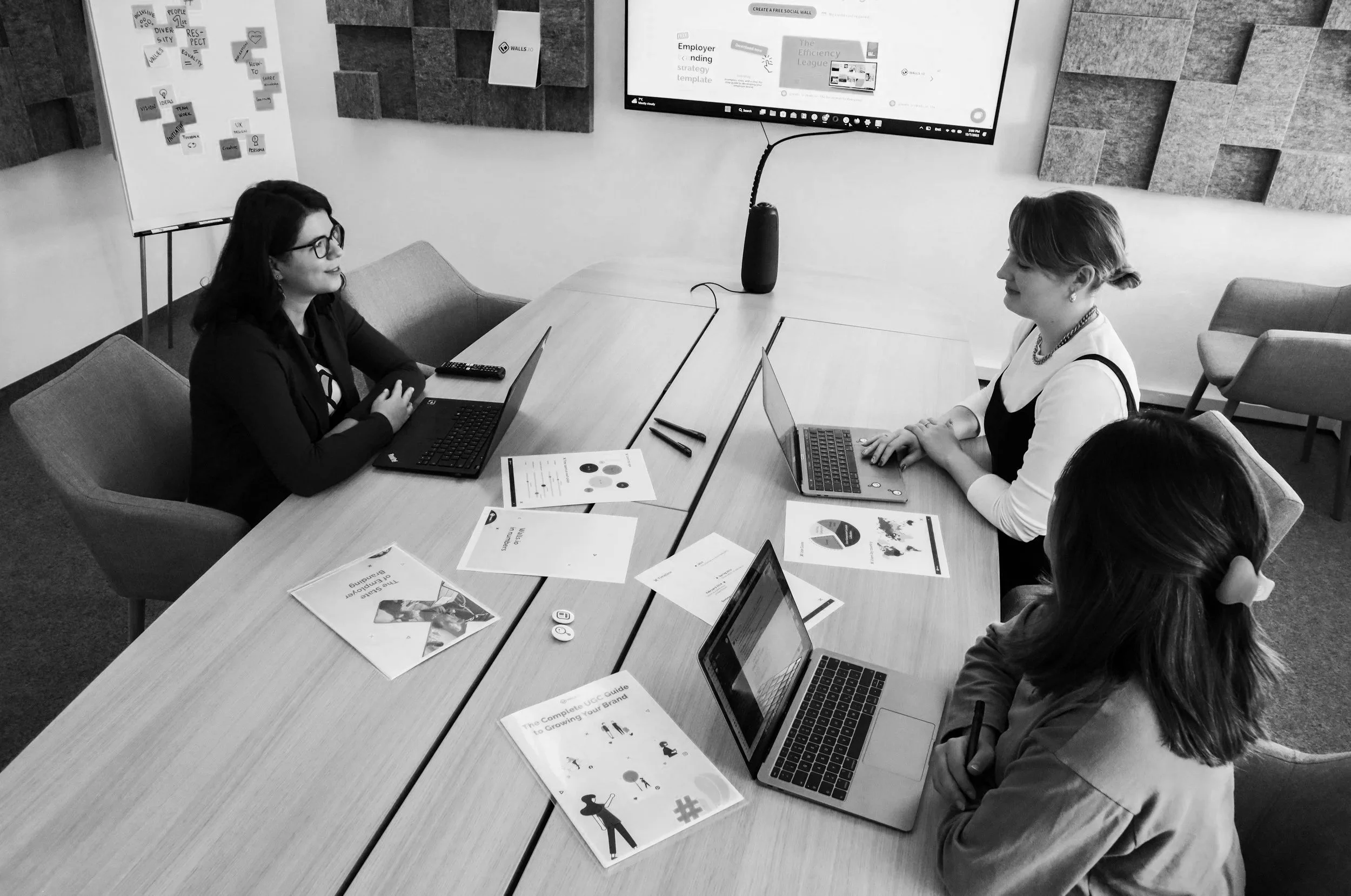
Energizing Empathy
Training Customer Service Teams Without Burning Them Out
Published on 10/02/2025

Customer service training often emphasizes empathy. And for good reason—listening, understanding, and responding with care are at the heart of customer trust.
But empathy has a shadow side: burnout.
When reps absorb every angry customer or heartbreaking story, they can end the day drained, not inspired.
Too much emotional labor without boundaries leads to exhaustion, disengagement, and turnover.
The question isn’t whether empathy matters.
The question is how do we train it so it energizes employees instead of depleting them.

THE HIGH COST OF THE STATUS QUO
Frontline teams are often told to “put themselves in the customer’s shoes.”
But if empathy is practiced as over-identification—feeling every frustration and sadness as if it’s your own—it becomes unsustainable.
Researchers call this emotional contagion: when negative emotions transfer directly from customer to rep.
Over time, this contributes to stress, anxiety, and higher attrition in service roles.
(Emotion Cycles in Services – ResearchGate)

From Empathy to Compassionate Action
The alternative isn’t to abandon empathy, but to reframe it as energizing, not draining.
Instead of absorbing feelings, reps can be trained to recognize emotions, validate them, and then move into action.
Psychologists often call this shift compassionate empathy—acknowledging the customer’s experience without carrying it home.
Training for this looks different than scripts or roleplays that emphasize “sounding nice.”
It involves:
-
Recognizing what belongs to the customer, and what doesn’t.
-
Guiding the conversation toward resolution, not rumination.
-
Debriefing tough calls with peers or coaches to release emotional load.
It gives reps purpose: the satisfaction of knowing they helped, instead of the fatigue of feeling they just absorbed someone else’s burden (Brotheridge & Grandey, Emotional Labor and Burnout – Archive.org).

Why Scripts Alone Aren’t Enough
Rigid scripts can actually increase burnout.
When reps are forced to repeat canned lines, they feel robotic and powerless—two ingredients that accelerate disengagement.
By contrast, training for adaptability builds resilience.
Teaching reps how to flex their response based on context, tone, and customer cues empowers them to handle a wider range of situations.
It shifts the focus from memorization to judgment, which is both more effective for customers and more fulfilling for employees.
As one Harvard Business Review article notes, frontline workers who have the discretion to solve problems, not just follow scripts, report higher engagement and lower turnover (HBR: The Emotional Toll of Frontline Labor)
Adaptability isn’t just good for customers. It’s protective for employees.

What Forward-Thinking Training Looks Like
To prevent burnout while strengthening empathy, training should:

Empathy will always be essential in customer service
But without the right framing, it risks becoming a pathway to burnout.
The future of training isn’t about teaching reps to “feel more.”
It’s about teaching them to channel empathy into action, adapt to each unique interaction, and leave the day with energy left for themselves.
At FōKUS, we believe great training prepares people for the real challenges of service work: the human, messy, and emotionally charged conversations where scripts run out and empathy takes over.
With the right approach, empathy doesn’t drain—it sustains.
If you’re ready to build customer service training that energizes your team and protects them from burnout, book a call with FōKUS to get started.

Ready to see what custom training could unlock for your business?
Let’s Talk!
Have a topic that you want us to cover?





